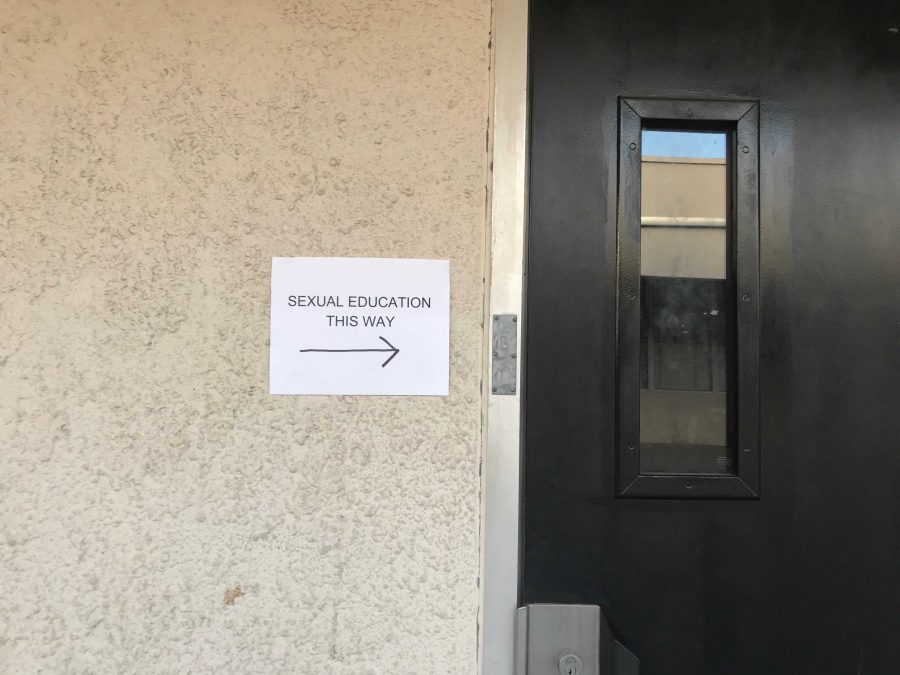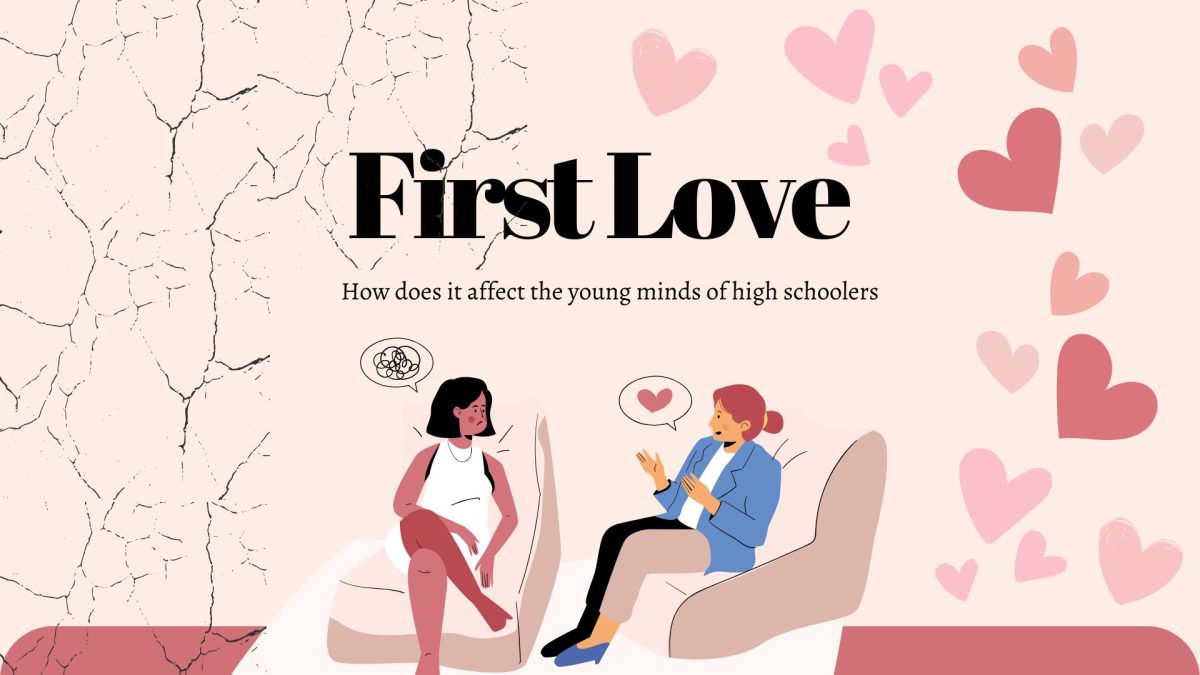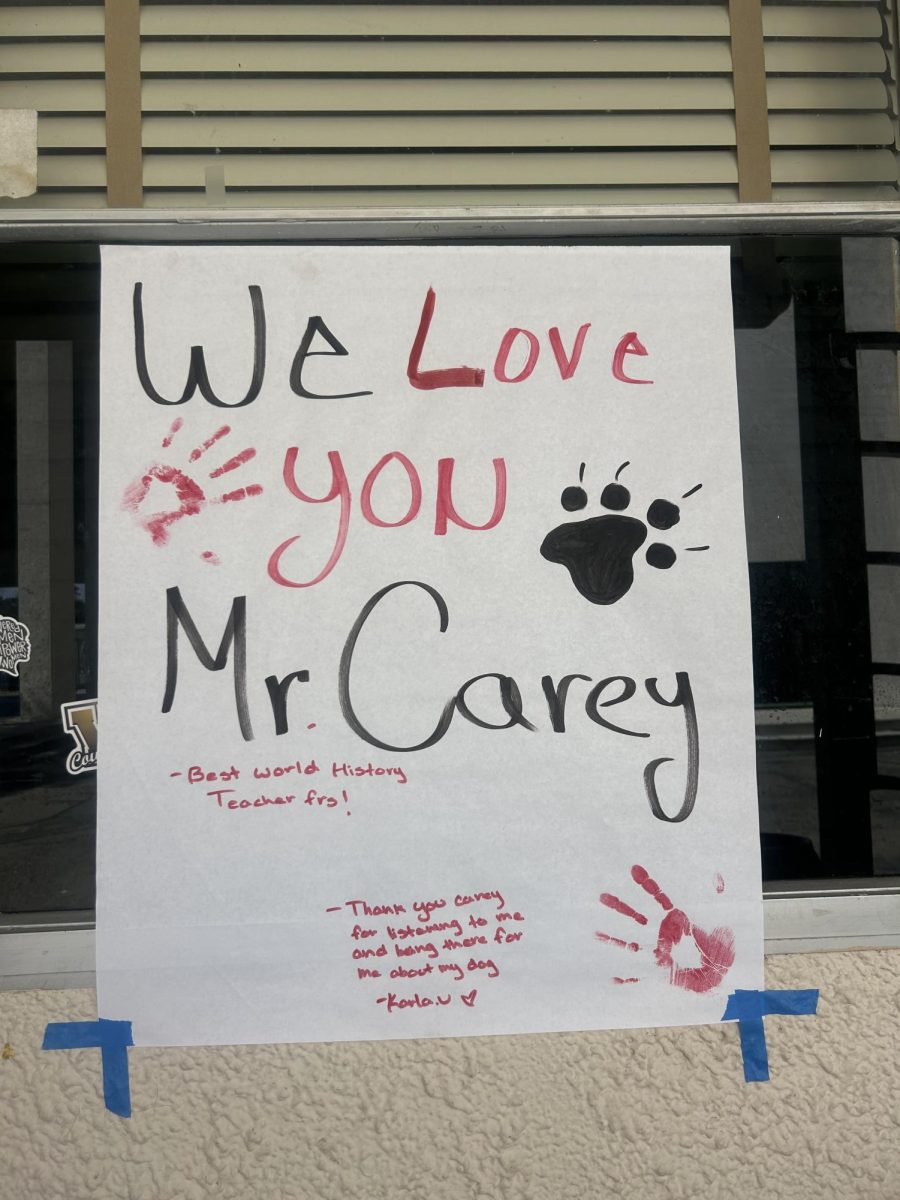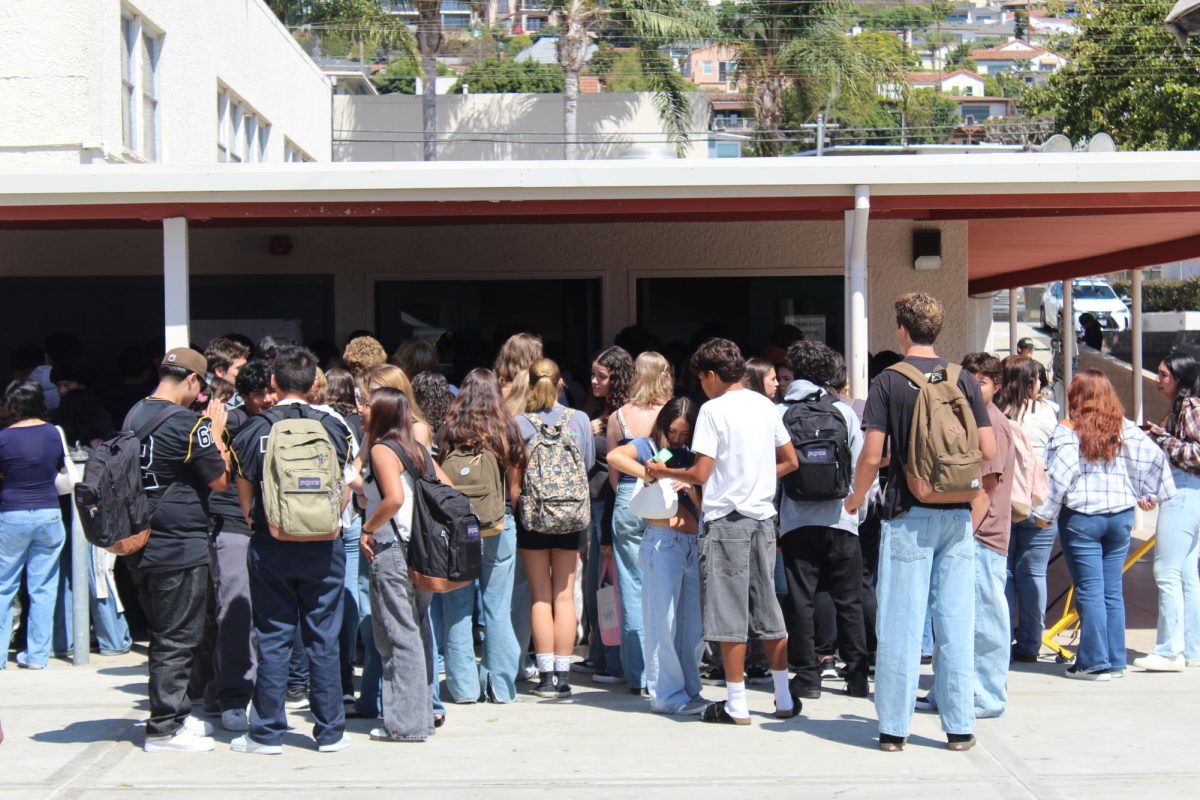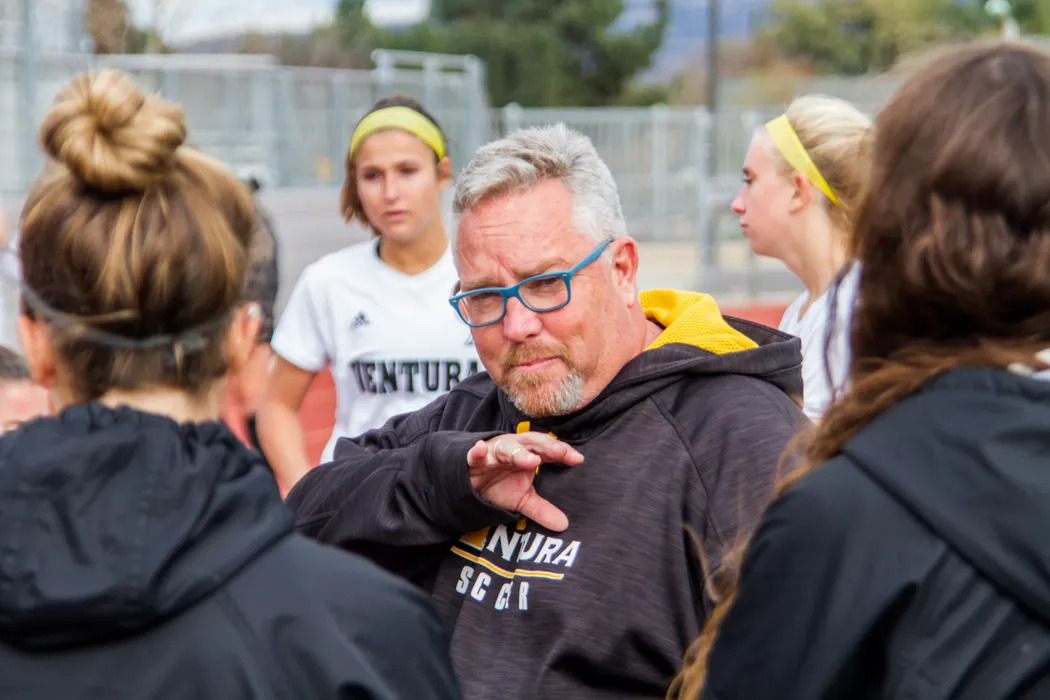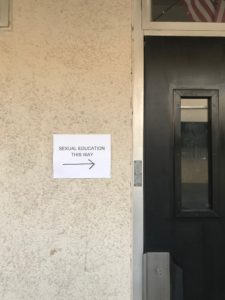
According to a report released by the U.S. Center for Disease Control and Prevention, fewer than 50 percent of high schools, and only a fifth of middle schools, taught all 16 nationally recommended lessons on topics for sexual health education. In addition to this, less than 40 percent of high schools nationwide require sex and health education for graduation.
More specifically, only 22 states in the U.S. mandate sexual education and only 13 states require that the instruction be medically accurate.
According to “Renew the U.S. commitment to sexual education,” from The Washington Post, “Congress increased to 75 million a year funding for programs that promote abstinence until marriage.” The article goes on to emphasize that this does not give students in their adolescence all the information they need to make their own decisions when it comes to becoming sexually active or not.
Lynn Barclay, President and CEO of the American Sexual Health Association, declared in an interview with Rachel Sanoff from bustle.com, “We are doing such a poor job on so many subjects. We are not doing comprehensive sex ed. We are not doing condom demonstrations. We are not teaching young people about consent… We are making them feel bad about their bodies…”
A student from Ventura High School, who wished to remain anonymous, shared, “I learned a great majority from the internet, some from my mom, and a very slim amount from school which was mostly just STD and STI information.” When asked how old they were when they were taught about sex, the student said, “I learned about sex [when I was] very young.”
Another student, who also wishes to remain anonymous, shared their story, “The first time I heard about sex was from my friend in first grade. My parents [talked to me about it] in third grade. In fifth I learned about diseases, and in seventh I learned about reproduction.”
In The Cougar Press’s school-wide survey at VHS, it was found that out of 901 responses, 30 percent said, “Yes, but not from school” in regards to receiving a sufficient amount of sexual education.
From that same question, 50 percent said, “Yes,” that they have received a sufficient amount of sexual education. However, that amount of responses does not specify exactly where the information was retrieved from. In the question that followed in the survey, out of 882 responses, 26 percent said, “The internet” in regards to where they received the most education about sex and dating. Both “Friends” and “School” tied, each with 24 percent. 5 percent did make it known, “[They] do not feel educated in regards to the topic.”
A possible reason for the spread-out results of VHS students to questions regarding sexual education is because according to California’s Department of Education comprehensive sexual health and HIV/AIDS instruction only requires schools to teach about human development and sexuality, including education on pregnancy, contraception, and sexually transmitted infections. In addition, it requires schools to teach about the nature of human immunodeficiency virus (HIV) and AIDS, methods of transmission, strategies to reduce the risk of HIV infection, and social and public health issues related to HIV and AIDS.
However, it does not consider the topics of that discuss gender, gender identity, gender expression, sexual orientation, discrimination, harassment, bullying, intimidation, relationships, or family and do not discuss human reproductive organs and their functions, therefore, not requiring schools in California to teach them.
Fortunately, abstinence-only education is not permitted in California public schools.



